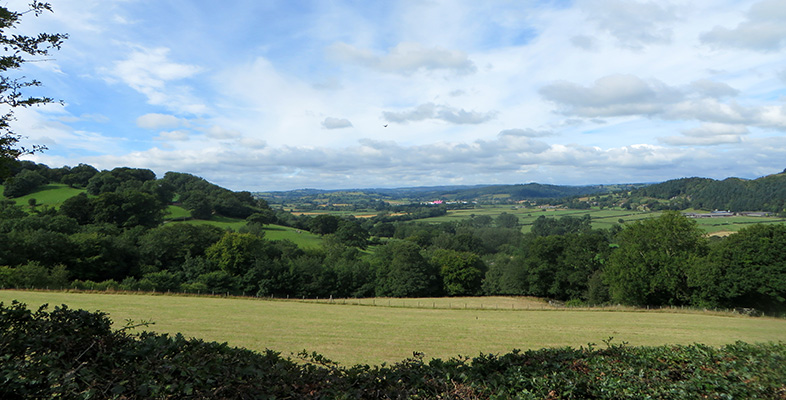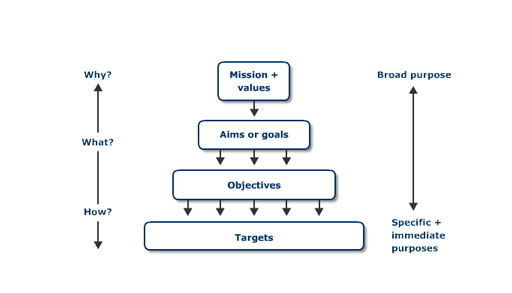1.2 Why start a business?
For some, living rurally has special benefits, and for others it is about making a difficult life more manageable.
Before you examine the feasibility of your business idea, take some time to think through who your stakeholders are and what your strategies are for taking the business forward. This is useful to understand the basis on which you are building the business. This is about you, what is important to you and how this will be reflected in your business.
Task 2: Visioning – life and business
Write down your personal goals for 12 months’ time and for five years’ time. What would you like to have achieved? Include personal and business objectives. Use the table template [Tip: hold Ctrl and click a link to open it in a new tab. (Hide tip)] as below or, if you prefer, create your own mind map (Buzan, 2002) or list.
| Area of my life | 12 months | Five years | Comments and links |
|---|---|---|---|
| Home – living rurally | a. b. c. | a. b. c. | |
| Family | a. b. c. | a. b. c. | |
| Work | a. b. c. | a. b. c. | |
| Values | a. b. c. | a. b. c. |
Look at your table, mind map or list. Does anything strike you? Are your goals compatible?
It is important to understand what it is about where you live, how you live, your desires and your fundamental values that you will take with you into the new venture.
Every organisation, large or small, has a ‘pyramid of purpose’.
As we progress through the course, your aims, objectives and so on will become clearer. This diagram shows how they all need to align, to build upon and support each other.
Task 3: Mission statement
One of the things that can help us understand our own business idea is to reflect on our previous work experiences. Think about an organisation in which you have worked.
- Can you state its general mission and values?
- Do you know its aims or goals?
- Were its objectives (or those of the department you worked in) clear?
- Did you have formal (or informal) targets?
Discussion
If you have worked in a large organisation you may have seen the company ‘mission’, vision and values on posters, etc. These things are seen as important in creating a culture or ‘way of doing things’ within the company.
In smaller companies not so much time is usually given to communicating them in such a formal way. Nevertheless, when you go into a small shop or company you sense what is important by the way business is conducted (how staff behave towards customers, the lighting and lay out of the premises and how this makes you feel, and so on).
It will be the same for your business: the values you work to will be your own. How do they transfer to the business world given that you need to make a profit in some way, even if it is to be reinvested in the business?
It is common for large companies to have a ‘corporate social responsibility’ policy, and for some smaller organisations it is part of their very being (e.g. community shops and cafés). Wherever such a policy fits in your business, it can provide a helpful point to reflect your personal values formally within your business.

